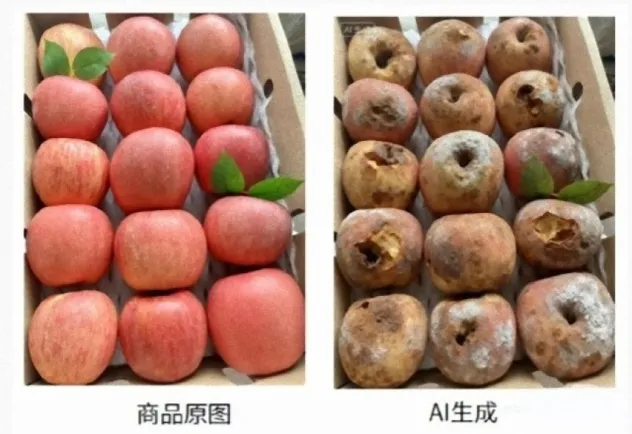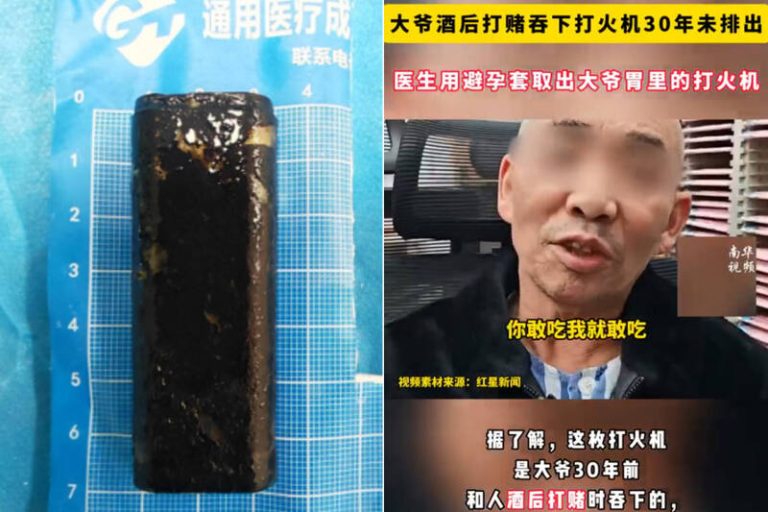As a result of changes in traditional South Korean beliefs, more and more people are choosing to have their cremated loved-ones’ ashes turned into decorative beads they can keep around.
10 years ago, 6 out of 10 Koreans who died were buried, according to Confucian beliefs to respect the dead and visit their graves. But, due in part to western influence, but also to a strong government campaign to convince people to switch to cremation, Korean culture changed drastically. In a small, densely populated country like South Korea, space is very important, so in 2000, the country’s government initiated an aggressive pro-cremation campaign that included pamphlets, radio broadcasts and press statements, This culminated with a law passed in 2000, requiring anyone who chose to bury their dead, to remove the grave after 60 years. Largely as a result of these facts, only 3 out of 10 Koreans were buried last year.

Photo by Ahn Young-joon/AP
The increasing popularity of cremation spawned various other services, like ashes-to-beads companies, which have been steadily growing in the last few years. One of these companies, Bonhyang, uses very high temperature to melt the ashes until they crystallize and can be shaped as beads, during a 90-minute process. This way the remains are clean, don’t smell bad, don’t mold (like Bae Jae-yul, the company’s owner, claims ashes do), and people can take them along anywhere. The most frequent color of the beads produced by Bonhyang is blue-green, but pink, purple and black are also in demand.
According to Bae, the technology was first used in the 90s, by a meditation organization, but the process wasn’t perfect so it didn’t catch on. He saw its potential, bought the technology and spent years perfecting it before launching it on the market, once more. He claims Bonhyang has an edge over the competition because it only uses a person’t remains to create the beads, whereas its rivals add minerals. Turning ashes into beads costs around $900.
Ashes-to-beads businesses were also launched in the United States, Europe and Japan, but they weren’t very successful because most people didn’t view it as a normal way to dispose of dead bodies. Others claim companies that turn ashes into beads are only interested in profits and the respectful thing to do is to let loved ones return to nature.
Story by AP













